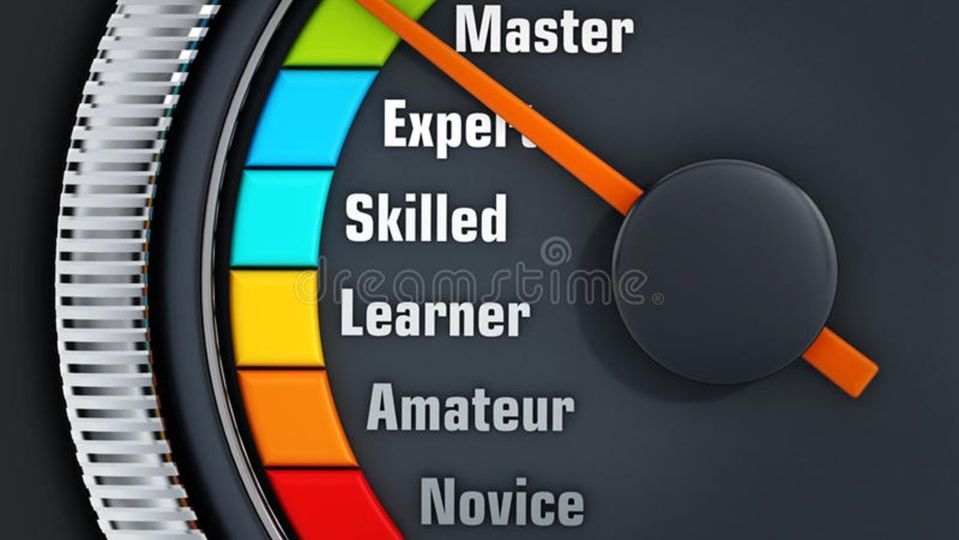
There is a chapter in Ginni Rometty’s Good Power memoir that has hogged much of my waking and sleeping hours lately, and it can be found in Chapter 6: Being In Service Of.
(Btw, Ginni Rometty was IBM’s first female CEO, serving from 2012-2020, and spending nearly 40 years with the company. She is credited with repositioning IBM to embrace new technologies such as cloud computing and AI, masterminding 65 acquisitions and divesting of lower-profit business units.)
This is how Rometty breaks down the notion of Being In Service Of:
“Conceptually, I see being in service of others as differing from serving others. Waiters can serve you a meal but not care if you enjoy yourself. In contrast, waitstaff in service of their guests do more than just take an order and bring food. They really want to create an enjoyable experience.”
Maybe it’s the dining analogy, but this sounded a lot to me like Danny Meyer’s concept of enlightened hospitality. Both ideas illustrate the difference between competency and excellence. Competent people deliver the minimum asked of them. Excellent people intuit what else is needed and how the whole experience can be made better.
This got me thinking: What is our role as talent people and recruiters? How can we move from the minimum requirements of our job – to find the people that help companies grow – to be in service of the hiring managers, business owners and HR managers that hire us? In short, where are we uniquely qualified to add value? As Rometty says, “Time is the most valuable thing someone can give and you must give them value in return.”
One thing was glaring clear, as I poured over talent acquisition job descriptions, trends, innovations, leaders and best practices: The role of recruiting had come a long way since I began in 2003.
Here are 6 new skills we must master to be exceptional in our field:
1. Championing DEI. Simply put: 1) Identifying what parts of your hiring (and promoting and rewarding) criteria may be subject to bias, 2) Having the courage to hire people that bring new perspectives, including standing up for individuals that may be left out, and 3) Creating an environment where people feel safe being their best, most authentic, selves.
2. Informing equitable and competitive pay. Becoming an expert on how employees are being compensated at your company, as well as your competitors. To me this means having a hypothesis about what you’ll pay for skills that extends beyond years of experience… to credentials, scope of responsibilities, achievements, etc. In addition, representing ‘market value’ to leadership, ideally with the rigor of formal salary studies and competitive analysis versus anecdotes. Equitable pay also means respecting the salary history ban and transparency laws to fight systemic bias.
3. Evangelizing employer branding. In our day-to-day conversations with prospective employees, this is getting super proficient at why they should want to work at your company versus anywhere else. As a sales candidate recently asked me: What does your company do better than its competitors? Employer branding includes being able to tell the story of the company’s founders, history and purpose, its recent work, earnings, growth and press, as well as all the resources available to employees. We like to be able to describe these in stories, examples, case studies and metrics rather than aspirational concepts. Read more about this here.
4. Advocating for candidate experience. If employer branding is being experts about what our company offers, then candidate experience is being advocates for how we welcome prospective employees into our company. It’s things like: Designing a sensible interview process and number of decisionmakers, prompt and sincere feedback, how we articulate the role and what success looks like, what we request from candidates in the form of work samples and proof points. Is there a realistic balance between what we ask and what we give?
5. Embracing people analytics. What are our success metrics as talent acquisition professionals? Can we build on time to fill, cost per hire and diversity metrics to more accurate forecasting, sources and indicators of best hires, discovery and elimination of bottlenecks?
6. Scaling up. How can we access large talent pools to meet routine hiring needs, at scale, whether by developing talent early (fellowships, work studies, partnerships with schools) or upskilling via learning & development opportunities. Even getting better as resource management, e.g. Recognizing current expertise and moving it to where it’s needed.
How about you? What are new skills you’ve acquired in the last few years, that you consider imperative to future growth? What can you do right now, to be in service of your candidates and clients?
To talk about how Nadexa Group can be in service of your hiring needs, get in touch at jen@nadexagroup.com.

